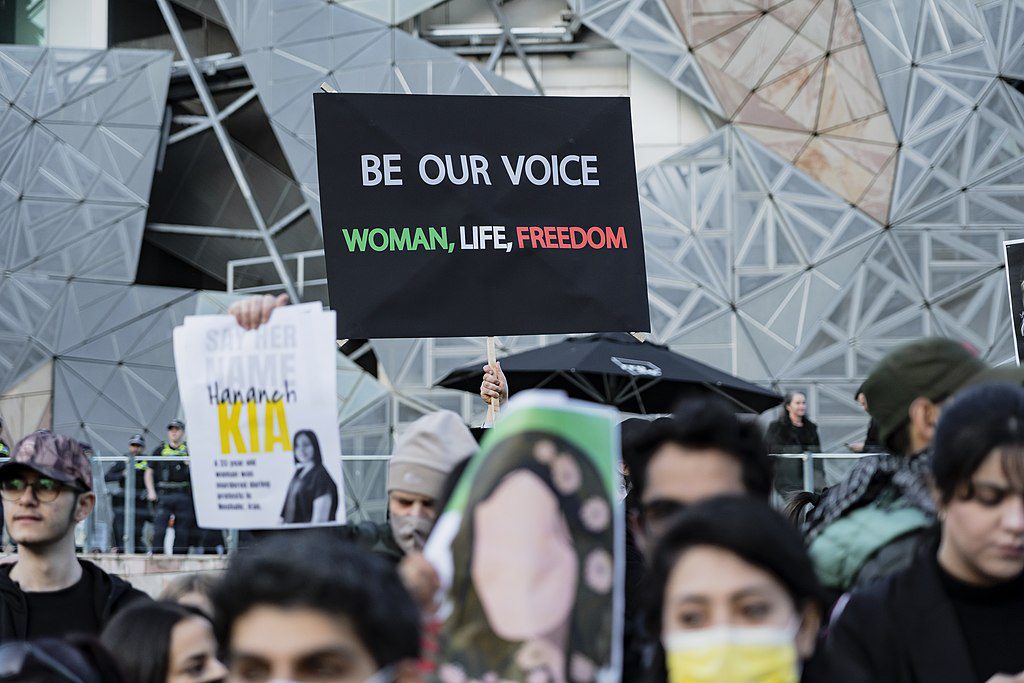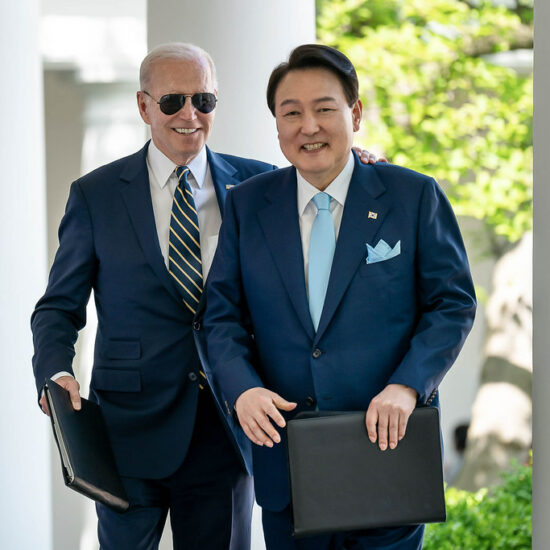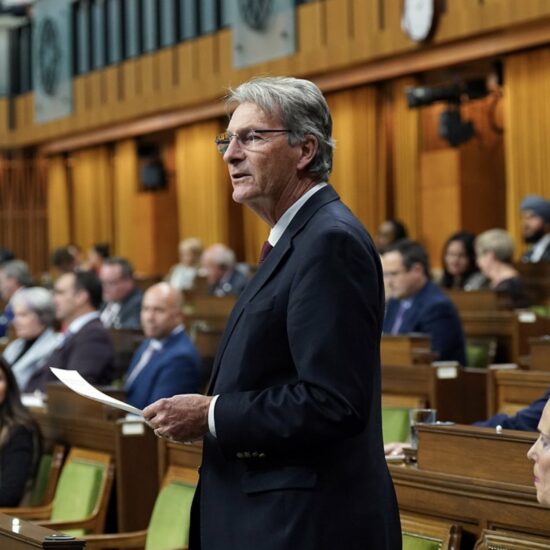
Image credit: Matt Hrkac from Geelong / Melbourne, Australia, CC BY 2.0, via Wikimedia Commons
By Bijan Ahmadi
The following article was originally published in The Hill Times.
The death of 22-year-old Mahsa Amini in the custody of the Islamic Republic’s so-called “morality police” has sparked nationwide protests in Iran. Similar to previous rounds of protests in recent years, authorities immediately reacted by shutting down access to the internet and blocking social media and messaging apps to prevent people from organizing and communicating their message to the outside world.
Internet censorship is a common tool used by autocracies around the world. After Russian President Vladimir Putin ordered his troops to invade Ukraine earlier this year, in an attempt to control the information space and contain people’s discontent, Russian authorities imposed unprecedented censorship measures, blocked access to Facebook and foreign news outlets, and criminalized opposition to Putin’s war.
According to the latest report by the Freedom House, authorities in at least 20 countries last year suspended access to the internet and blocked access to social media platforms. The report concludes that “free expression online is under unprecedented strain” with states increasing their efforts to control their populations on the internet by using sophisticated censorship, surveillance and spyware technologies they purchase from the private sector.
Supporting internet freedom is one of Canada’s stated priorities in its agenda for international advocacy for human rights. Canada is a founding member and currently the chair of the Freedom Online Coalition (FOC), a group of 34 countries that work together to support internet freedom and advance human rights online. This multilateral framework provides Canada a unique opportunity to co-ordinate efforts among allies against internet censorship and state surveillance by Iran, Russia, and other repressive regimes.
Ottawa should lead efforts through FOC and other multilateral and international foras to mobilize democracies to condemn internet censorship whenever and wherever it happens and to initiate measures that can be taken collectively against states that impose internet restrictions on their populations. To prevent private vendors from selling censorship and surveillance technologies to authoritarian regimes, democracies should co-ordinate multilateral export restrictions and build enforcement capacity to stop and penalize any violations.
In addition, Canada has the capacity to invest in technologies that can help people circumvent internet firewalls and protect themselves against state surveillance. In reaction to the protests in Iran, Tesla CEO and billionaire Elon Musk announced that he has activated his satellite internet service, Starlink, over Iran. However, with the current technology, access to Starlink requires equipment that is not readily accessible inside Iran. Ottawa should support private sector projects and civil society initiatives that can help provide internet connectivity and open source solutions for circumventing internet blackouts and censorships.
This is an area that both Canadian universities and the federal government have worked on in the past. Psiphon, an application developed at the University of Toronto’s Citizen Lab in 2006, is still one of the leading firewall-circumvention tools used by Iranians. Data from Psiphon shows that in recent days, more than four million Iranians have used the application every day to bypass internet censorship.
On the government side, Ottawa invested $9-million in 2015 to initiate the Digital Public Square Project to increase access to communication technologies in countries ruled by repressive regimes. The Trudeau government should review the federal government’s previous investments and renew commitment to projects that can deliver real and effective solutions to fight censorship and surveillance.
Promoting democracy and human rights has long been at the cornerstone of Canadian foreign policy. But our government’s actions often do not match the rhetoric. It’s time to move beyond strongly worded statements and take concrete actions. As autocracies acquire new technologies to block the free flow of information and control their citizens online, Canada and its democratic allies must multiply their efforts to fight internet censorship and work with technology companies and civil society groups to offer safe and open source solutions that can be used by citizens to circumvent firewalls and state surveillance.
Bijan Ahmadi is the executive director of the Institute for Peace and Diplomacy.










